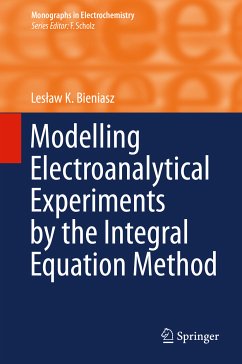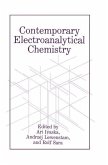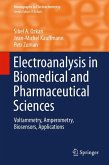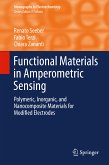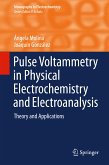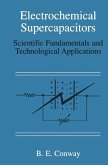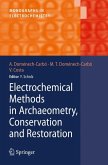This comprehensive presentation of the integral equation method as applied to electro-analytical experiments is suitable for electrochemists, mathematicians and industrial chemists. The discussion focuses on how integral equations can be derived for various kinds of electroanalytical models. The book begins with models independent of spatial coordinates, goes on to address models in one dimensional space geometry and ends with models dependent on two spatial coordinates. Bieniasz considers both semi-infinite and finite spatial domains as well as ways to deal with diffusion, convection, homogeneous reactions, adsorbed reactants and ohmic drops. Bieniasz also discusses mathematical characteristics of the integral equations in the wider context of integral equations known in mathematics. Part of the book is devoted to the solution methodology for the integral equations. As analytical solutions are rarely possible, attention is paid mostly to numerical methods and relevant software. This book includes examples taken from the literature and a thorough literature overview with emphasis on crucial aspects of the integral equation methodology.
Dieser Download kann aus rechtlichen Gründen nur mit Rechnungsadresse in A, B, BG, CY, CZ, D, DK, EW, E, FIN, F, GR, HR, H, IRL, I, LT, L, LR, M, NL, PL, P, R, S, SLO, SK ausgeliefert werden.

